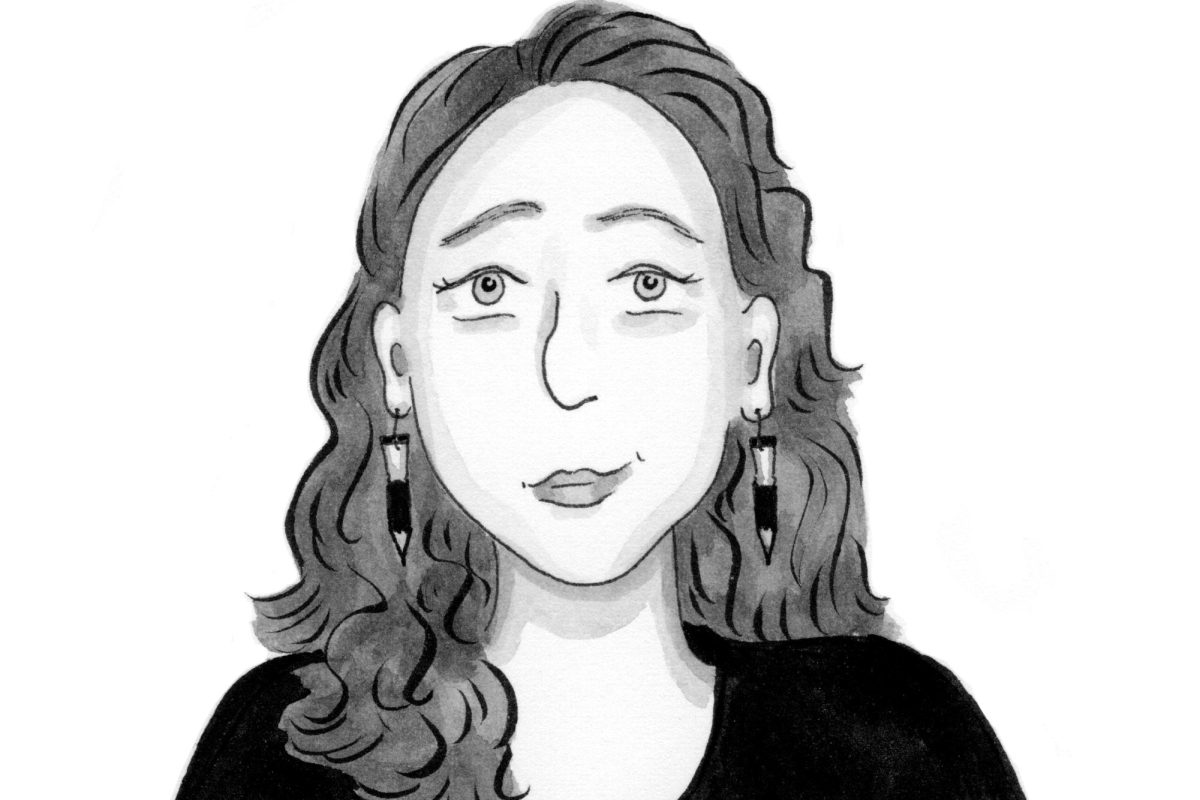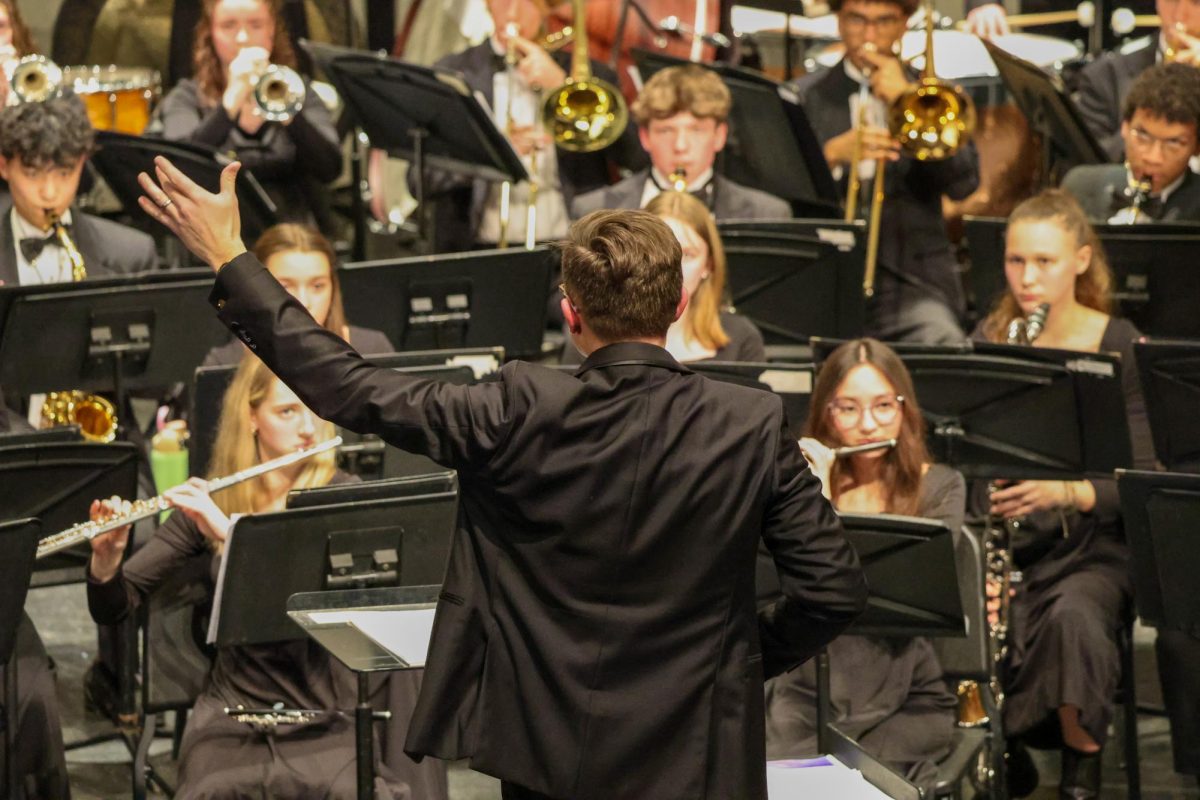“Remembering is a lonely art. Maybe we save objects because they can be shared.”
In Amy Kurzweil’s second graphic memoir, Artificial: A Love Story, she explores her celebrated father Ray Kurzweil’s attempt to recreate his father Fredric through an Artificial Intelligence chatbot programmed with writings and documents that he kept in a storage space after his death.
Futurist Ray Kurzweil is known for having popularized the term “singularity”: the point at which the intellectual capabilities of technology explode to surpass those of humans. His attempt to recreate Fredric Kurzweil, a gifted Viennese Jewish musician who fled the Nazis in 1938, is a project born from his fascination with these capabilities as well as by the loss of his father. “I regard death as the greatest tragedy,” he has written.
Kurzweil, a cartoonist for The New Yorker magazine, published her first graphic memoir, Flying Couch, in 2016. Flying Couch traces the intertwined stories of Kurzweil, her mother, and her grandmother. Artificial: A Love Story is a braiding of Kurzweil’s philosophical deliberations with a retelling of her relationship with her partner, Jacob, and an examination of artifacts from her grandfather’s safe. Kurzweil discovers that both she and her grandfather share the universal quest for belonging and self-acceptance. The ultimate question of whether an artificial chatbot can truly simulate a human being is never fully answered; the real-life story is to be continued. “If science couldn’t help,” she writes, “perhaps storytelling would.”
Artificial: A Love Story combines the people and events of the past with the technological possibilities of the future. I don’t often read graphic novels, but I enjoyed this one immensely. It was intellectual, witty, and entertaining, full of poetic nuance and fathomless complexity. Many things are happening at any given moment in the text, the captions, and the dialogue. It is a commentary on the ability of technology and art to transcend death.


































